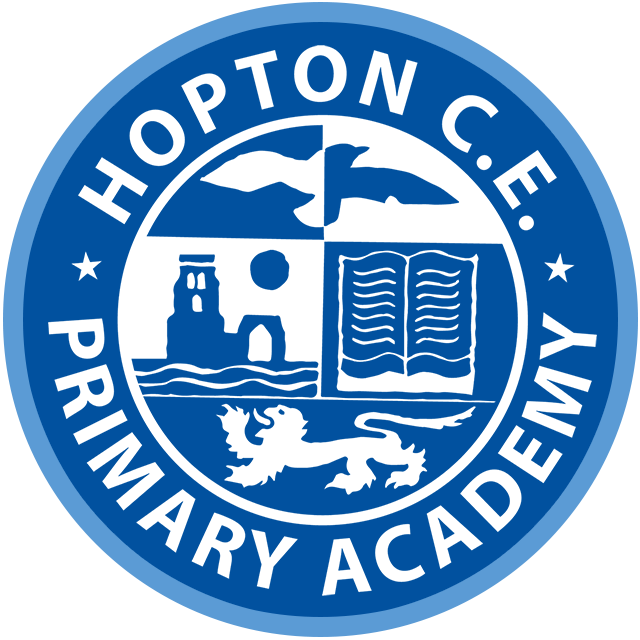
Science Subject Leader
Science Vision Statement
“Wonder is the seed of knowledge” Francis Bacon
At Hopton Church of England Primary Academy, we believe that Science is important because it has changed our lives and is vital to the world’s future prosperity. We believe it is essential to develop children’s science capital, so that more people, regardless of race, background or gender, develop a passion for science and succeed in science at secondary school and beyond.
We envisage science lessons where all children are encouraged to be curious, ask questions and make links between ideas and concepts. At Hopton, we will provide the opportunity for practical, hands-on experiences and the knowledge to make sense of, and revel in, the wonders of the natural world.
We will explicitly teach pupils the skills they will need to be methodical, analytical and inquisitive scientists:
- Comparison
- Fair testing
- Research
- Observation over time
- Pattern seeking
Our Aims for Science
- To provide children with the ability to think independently and raise questions about working scientifically and the knowledge and skills that it brings.
- For children to develop their confidence and competence in the full range of practical skills, taking the initiative in, for example, planning and carrying out scientific investigations.
- For children to have excellent scientific knowledge and understanding which is demonstrated in written and verbal explanations, solving challenging problems and reporting scientific findings.
- High levels of originality, imagination or innovation in the application of skills.
- The ability to undertake practical work in a variety of contexts, including fieldwork.
- A passion for science and its application in past, present and future technologies.
Curriculum Design in Science
A high-quality science education provides the foundations for understanding the world through the specific disciplines of biology, chemistry and physics. At Hopton, we follow the National Curriculum for science and expand upon the domains of knowledge by using Chris Quigley Essentials.
Assessment in Science
Children’s understanding in science is assessed in a variety of ways. Teachers will use a range of strategies (questioning, quizzes, double page spreads, retrieval activities, assessment of written work and practical activities) to check the children’s understanding.
We use Chris Quigley Essentials to exemplify what children should be able to do at the end of a unit, known as the End Point.
Spiritual Development in Science
Children will become scientists which allows them to ask questions, take risks, reflect and learn from what they do. Children will demonstrate curiosity and open-mindedness when exploring questions and will be able to use their own thinking and ideas when connecting knowledge to their practical lessons. They will experience awe and wonder as they examine the natural world around them.



